Scott Morrison stuck between a rock and hard place on China

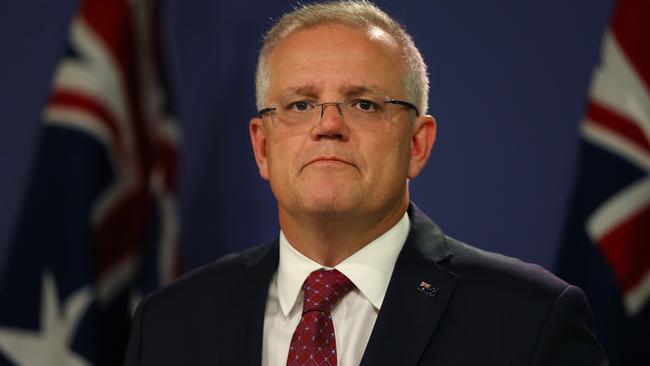
As the rich-world nation whose living standards have benefited the most from China’s 21st-century boom, Australia is about to discover the meaning of interdependence on China. The Morrison government faces a triple event scenario, drought, bushfires and the coronavirus, each a serious challenge, each more lethal in its economic impact.
Large parts of the world’s major growth economy are being shut down. Uncertainty and panic are on the march. Three issues are fused in a dangerous domino effect: the spread of the virus, the China economic closures to halt the escalation of infection, and the transmission impact across global markets in finance, investment, tourism and education.
China’s economy grew at only 6 per cent last year, one of its worst results in three decades. It will be under more pressure in 2020, exacerbated by the coronavirus, whose impact to this stage defies reliable prediction. Early estimates are that the damage may reach one percentage point of GDP in this quarter and that must have a detrimental global impact, as China constitutes about 20 per cent of global GDP.
China’s agencies have reported close to 500 deaths and 632 recoveries. There were 20,438 confirmed infections on Tuesday. Compared with the severe acute respiratory syndrome epidemic of 2002-03, the coronavirus seems to spread faster but is not as fatal. A small number of infected people die.
Many global health experts warn that the virus is likely to extend substantially outside China, suggesting the tough measures taken by nations such as Australia are warranted.
Australia has been brilliant at maximising the gains from the China partnership; now we discover our ability to manage the hefty downside risks. Major cities are in quarantine. Starbucks has closed many of its outlets. Airlines have cut or abandoned services to China. Factories are in temporary closure. Last year there were 150 million overseas visits made by Chinese and it is estimated that global economic activity related to tourist travel sustains about 10 per cent of jobs on the planet.
Former Morgan Stanley Asia chairman Stephen Roach said many multinationals and their China subsidiaries — Ford, Apple, Siemens, Honda, Peugeot-Citroen, McDonald’s and Disney, among others — had reported “a virtual cessation of activity”. Roach predicted the same pattern as under SARS, a temporary downturn followed by a sharp rebound. But “a one-quarter SARS-like shortfall could push Chinese real GDP growth down into the 4 per cent range during the first quarter of 2020” and would trigger fears of a global recession.
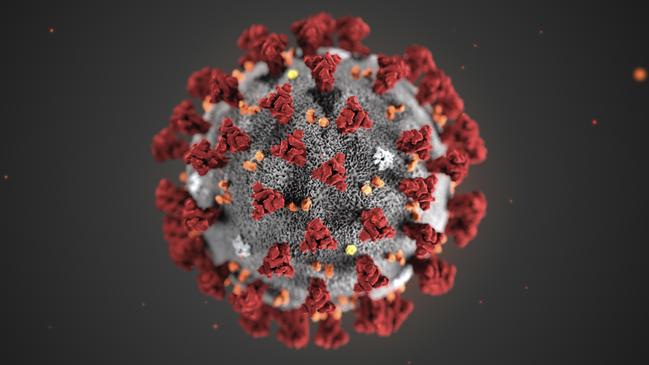
The crisis is a test of China’s governance and competence. Alan Kohler nailed the issue on Tuesday, saying China seemed to operate on only two responses — cover-up and overreaction. At a time when Xi Jinping has promoted the Chinese political model over the West’s liberal capitalist democracy, management of the health crisis becomes a supreme test for Beijing.
The Washington Post’s reports have demonstrated how “a bureaucratic culture that prioritises political stability over all else probably allowed the virus to spread farther and faster”. Medical professionals who tried initially to sound the alarm were seized by the police.
China expert Jude Blanchette, from the US Centre for Strategic and International Studies in Washington, said: “There is the problem of a bureaucracy that feels disempowered to act until it receives the green light from Xi Jinping, a direct result of his extraordinary campaign to consolidate power and decision-making. Indeed, as the mayor of Wuhan recently stated in a rare rebuke to Beijing: ‘As a local government official, after I get (sensitive information about the spread of the virus), I still have to wait for authorisation before I can release it.’ ”
Peter Jennings, head of the Australian Strategic Policy Institute, said: “I wonder if the strong measures taken by the Australian government reflect a sense that the virus is a more serious threat than has been publicly conceded. I think we are seeing a growing difference of opinion on China between community attitudes and governing or elite attitudes.”
The Australia-China relationship is driven by people and resources. The Chinese are travellers and students. The tourist sector, on retreat from the bushfires, now faces a double hit with sharp declines in the China market estimated at a loss of $1bn weekly. The reality is Chinese tourism had slowed last year anyway. The university sector is overreliant on Chinese students, with more than half of international students coming from China and the revenue constituting 25-30 per cent of total university income, a dangerous dependency.
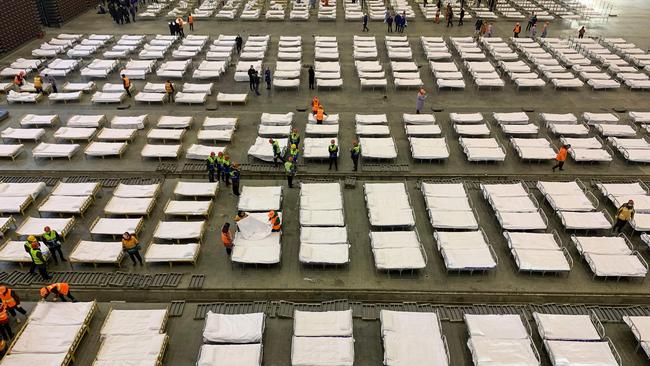
Josh Frydenberg said on the ABC’s Insiders on Sunday that China tourism and students contributed $16bn to the economy. He refused, naturally, to speculate on the impact on consumption, trade and whether the upshot would be a quarter of negative growth. This is a government held in suspension by forces beyond its control.
Indeed, the Treasurer declared: “These events outside of our control are going to have a significant impact on the Australian economy.” This is a truism but it is a trap. Scott Morrison has been battered already by events beyond his control; witness bushfires. There will be no respite for a government now saying the fate of the economy is hostage to events beyond its control.
The Prime Minister and Frydenberg have an immediate task of holding the line on economic confidence, instilling the sense of a government able to respond flexibly if necessary and keeping alive their governing authority. Health Minister Greg Hunt made clear yesterday that the fortnight-long ban on Chinese tourists and non-citizens coming from China is likely to be extended based on medical advice. Extended for how long — weeks or months?
The conundrum the government faces is that a tough stand is imperative to protect the public, yet the tougher that stand, the more damage is done to the economy. The unfolding summer emergencies are pressing the government on the two frontline political issues of our time — climate change and the economy.
The Australia-China relationship is a classic study in the mutual benefits from globalisation and economic complementarity. This partnership has been brilliant but seductive. Australia’s soaring living standards in the decade from 2005 were driven by high commodity prices as a substitute for our poor productivity performance. Instead of being punished by the latter, we were rewarded by the former. China has been our saviour, but a saviour that has fed our complacency, not ingenuity.
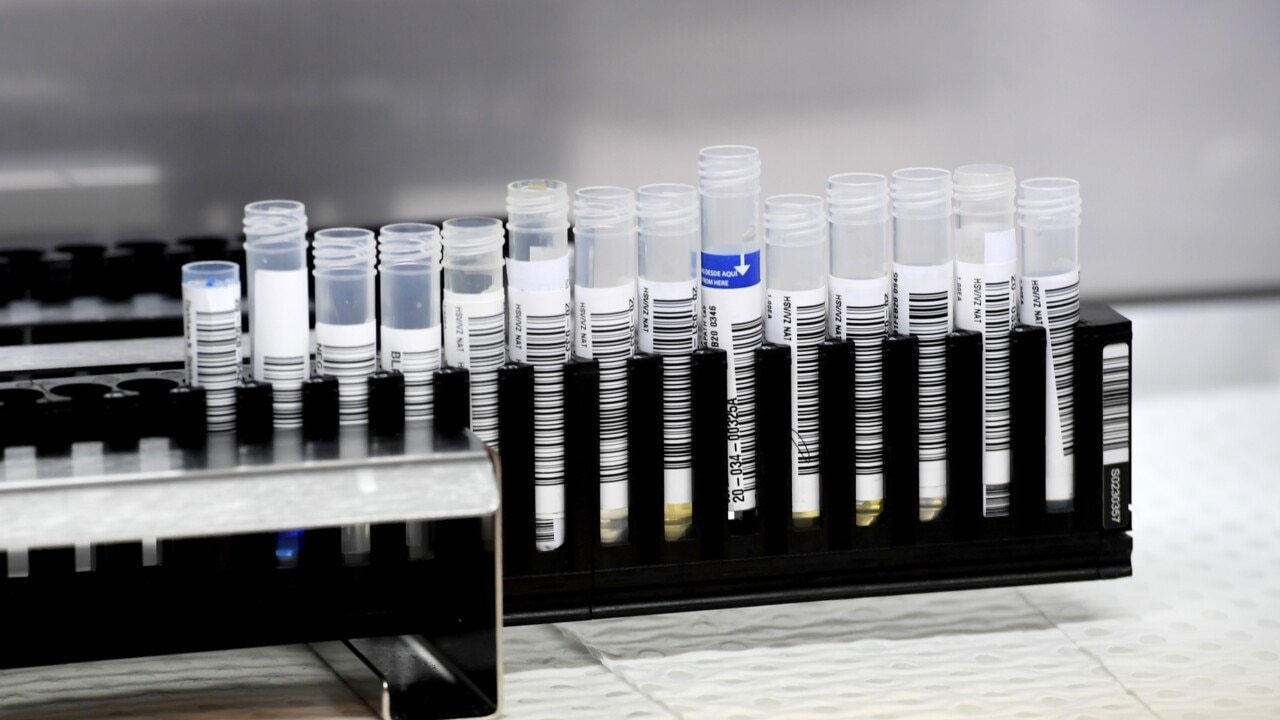
Sadly, it has unwittingly contributed to our recent underperformance. Our officials have run scenarios about what economic retaliation by China against Australia might look like — now they have a real live example in action given the coronavirus.
Morrison emphasises he has acted on medical advice in taking his protective decisions. The political reality, however, is that with his authority as Prime Minister under question from the bushfires, it was imperative that he operated from strength in combating the virus.
Yet the real scope of the task is just unfolding — how to protect the public from the coronavirus and protect the economy from the consequences of this mission along with the global ramification of the health crisis. An intensified debate about the economy and economic policy is now irresistible, with the government’s critics and many community leaders demanding more stimulus to save those sectors under economic threat. The China epidemic is striking at the foundations of the government’s economic stance.
The decision that lies ahead is whether it can preserve them or needs to construct a new narrative for a new situation.



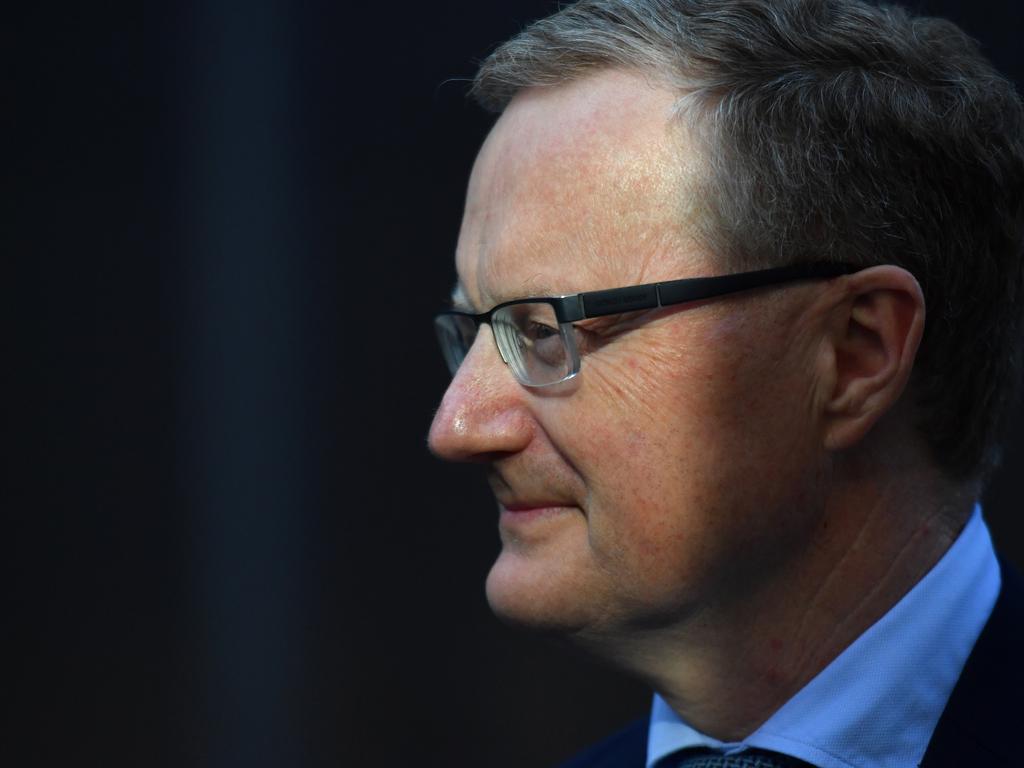



The world, and Australia in particular, is being given a dry run on what its dependency and vulnerability to the authoritarian China growth locomotive really means, with global and Australian growth certain to take a hit — pointing to an ever tougher first half of 2020 for the Morrison government.